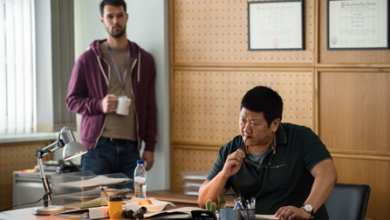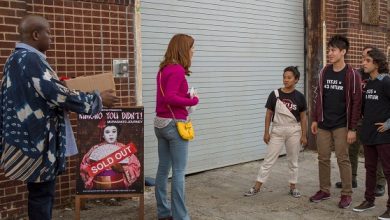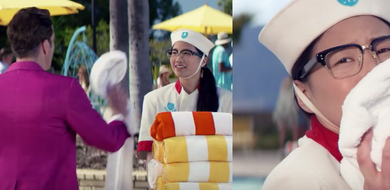The Deuce Erases the History of Asian American Political Activism
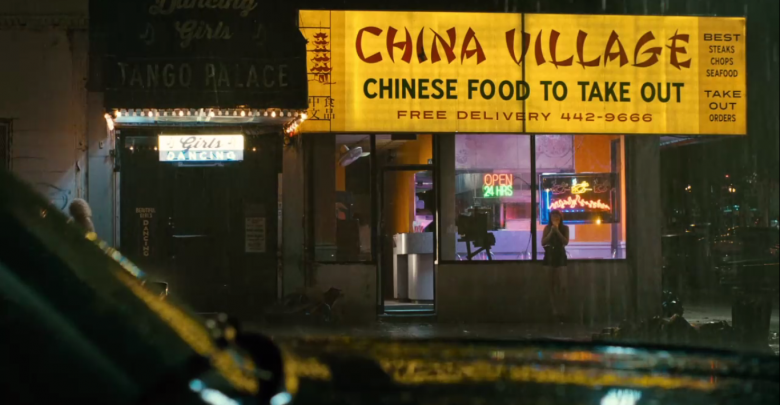
The Deuce (2017) is a sophisticated HBO television drama series set in and around New York City’s Times Square in the early 1970s. Critics have lauded co-creators David Simon and George Pelecanos for the show’s gritty realism and sympathetic portrayals of sex workers, pimps, barkeeps, policemen, the mafia, the LGBT community, and pornographers as it details the birth of the porn industry. For example, The Guardian’s Charles Bramesco argued that “Simon has created his most accessible work of humanism to date, and he’s done so without sacrificing his loftier ambitions of societal critique.” This humanism – and critique – nevertheless perpetuates the othering and marginalization of the Asian Americans who worked and lived along 42nd Street alongside their white and black counterparts.
Given the setting, it is not surprising that the show’s main characters – who are all either black or white – refer to Asians and Asian culture in a careless, exclusionary, and insensitive manner. When James Franco’s barman/manager character Vincent Martino is asked why he is now working with “a chink on the other side of the river”, he explains that Kim (James Saito) “don’t know what the fuck’s going on, so I’m in charge. It’s like my own place.” A conversation with his employer about the House of Korea’s ailing business establishes the casually racist sentiments of the era:
Vincent: “I think it’s that kimchi shit you serving. Or the dog meat, or cat or whatever.”
Kim: “No dog! Beef, marinated beef.”
Vincent: “Alright, but no one eats Korean food, Kim. Probably not even in Korea, if they can fuckin’ help it. Why don’t you get someone in here to cook up some steaks, or Italian?”
Kim: “No good! Lunch, empty. Dinner, empty.”
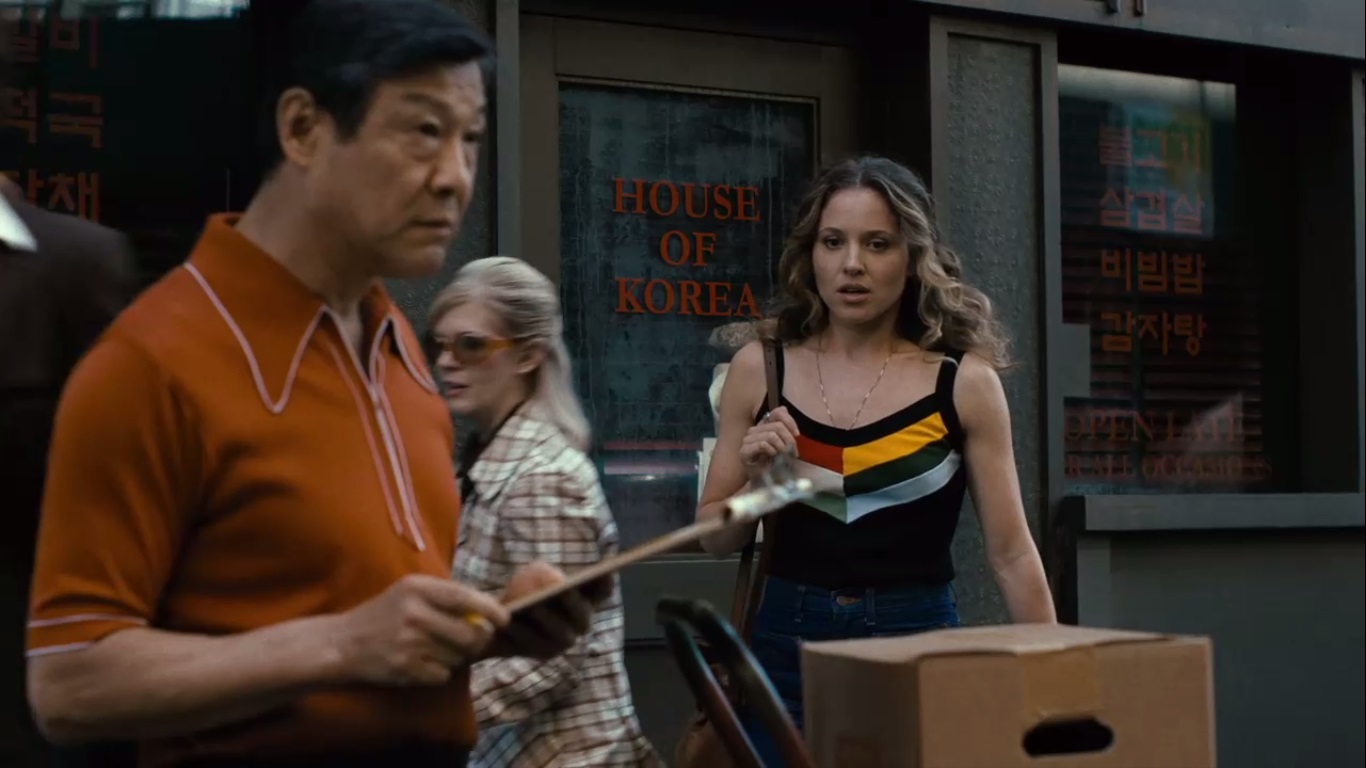
Kim (James Saito) is seen one last time with Abby (Margarita Levieva) after Vincent leaves the House of Korea
Vincent eventually leaves Kim and the House of Korea “high and dry” when mob capo Rudy Pipilo offers him the opportunity to manage his own bar. Chinese takeout food appears to be far more popular with the series’ characters than Kim’s idea of a family-friendly traditional Korean restaurant. Its presence signals that Asian Americans were part of the social fabric of the era, attempting to survive and flourish at a time when mainstream America saw little need to differentiate between the Chinese, Koreans, Japanese, and Vietnamese. The series acknowledges their existence but does not allow their experiences or perspectives to be showcased. We learn that Kim is anxious that he may only be able to pay for his son to attend community college instead of M.I.T. and nothing else. (It would have been interesting, for example, to have him engage Vincent in a conversation about the ongoing Vietnam War).
Without the benefit of more complex and nuanced characterization, the Asian characters in the series flatten out into familiar stereotypes. Kim becomes representative of the perpetual foreigner, chronically out of touch with the tastes and preferences of his clientele. The only other Asian character with lines in the show is barmaid Suzi Wong (Kim N. Wong), whose very name points towards the common stereotype of Asian women being exotic, submissive, and sexually available to white men.
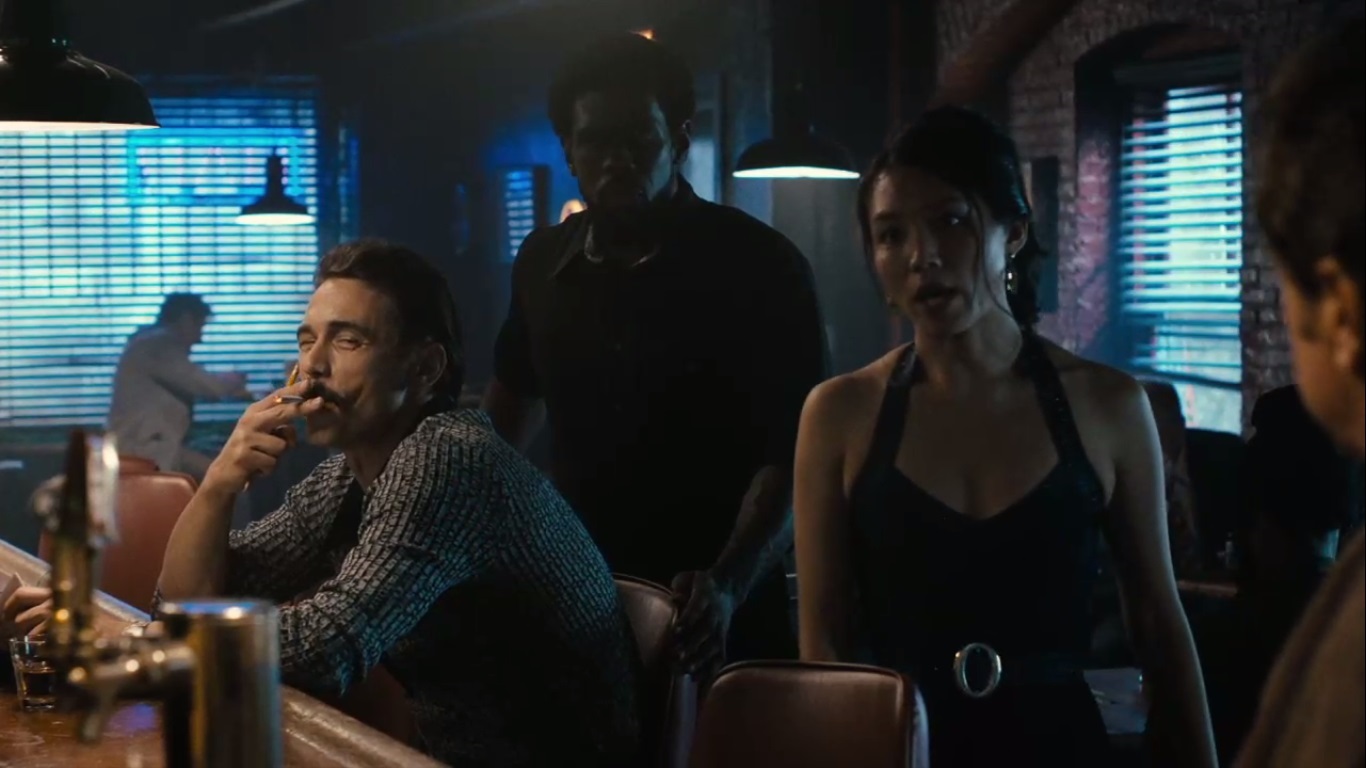
In the show’s final episode, she is seen prostituting herself to Rudy Pipilo. Vincent’s brother Frankie (also played by James Franco) expresses his surprise that “the Oriental broad” who works at his brother’s bar is tricking on the side. The team behind The Deuce had been careful enough to hire female writers, a female director (Michelle MacLaren), and a female executive producer (Maggie Gyllenhaal) to present a realistic-yet-feminist characterization of its female characters. Suzi appears to not have benefited at all. She is depicted without agency, a voice, or a backstory. No one bats an eye when Rudy mandates that Suzi be treated as his personal possession from that point onward (or when he alludes to the hypersexualization of black men, another racial stereotype that the show presents as a given fact of life): “Take care of Suzi. Make sure she’s available for me every time I drop by. And don’t let her get with any colored guys. They’ll stretch her out.”
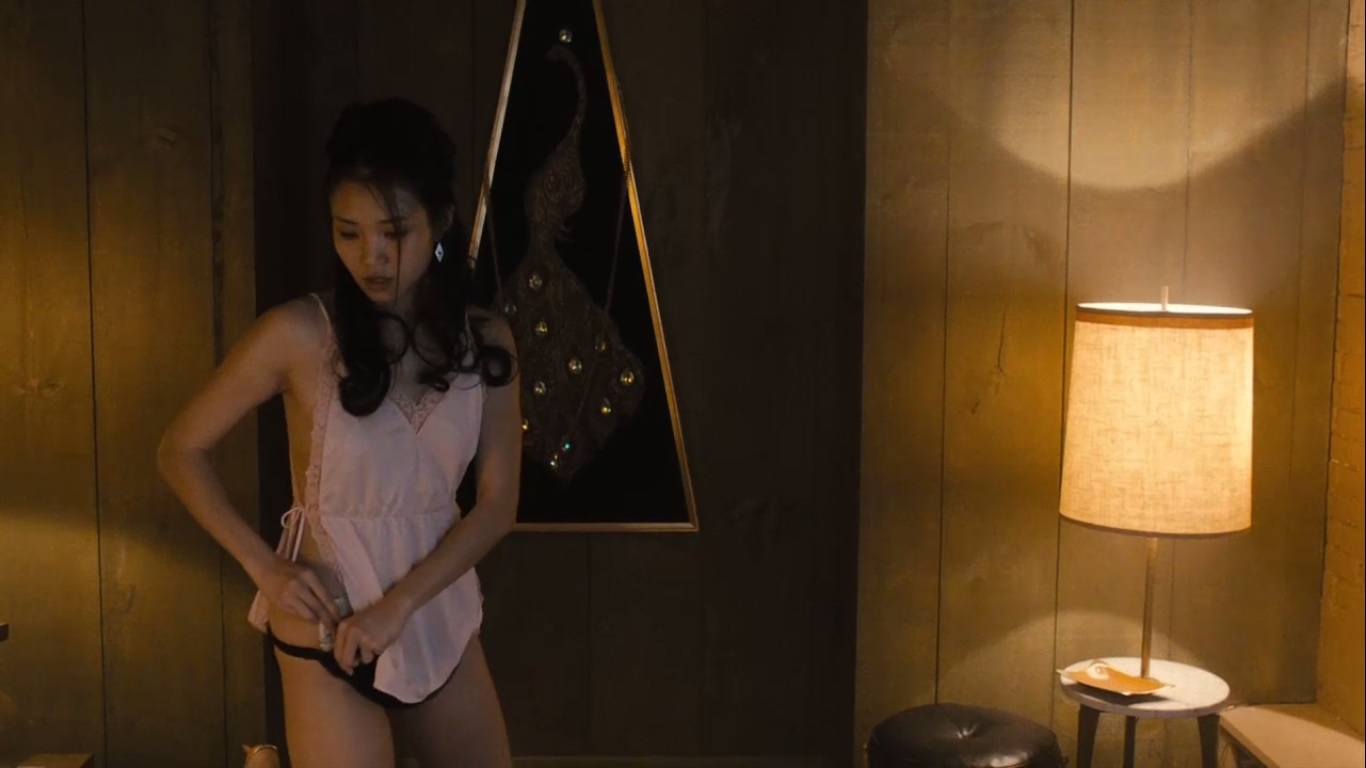
The show had alluded to the fetishization of East Asian women in its pilot, when pimp Reggie Love mentioned his intentions to add a “Chinese hoe” to his “herd” so that it becomes “international”. The idea is eventually dropped from the conversation after the language barrier is brought up, which implies that Chinese American women did not exist at the time. As Refinery29’s Sesali Bowen observed, the show’s writers had many opportunities to critique fetishization and sexualized racism. By defaulting to a simple reflection of the anti-Asian prejudices of the era – without introducing any counter-perspective or nuance – the show casually implies that these stereotypes and prejudices are self-evident, unproblematic, and unchangeable.
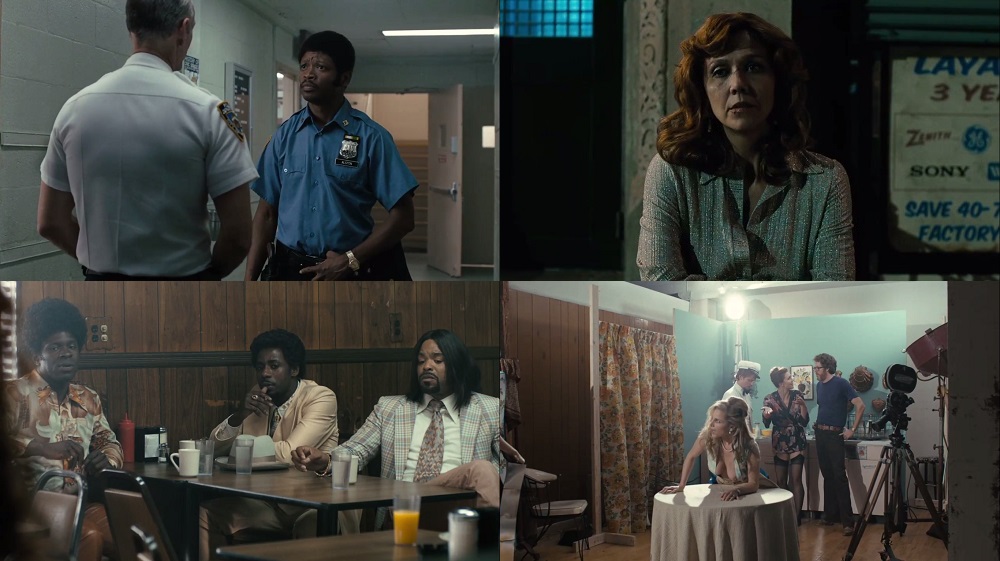
Cops, sex workers, pimps, pornographers … The Deuce reinforces the black-white binary throughout its first season.
One might argue that The Deuce has no reason to be concerned with anti-stereotypical views of Asian Americans since these concerns only surfaced at a later point in American history. This argument overlooks the fact that the dawn of the Asian American political movement coincided with the Vietnam War (aka the Resistance War Against America), the resurgent popularity of The Second Sex (in May 1968) and the Stonewall Riots (1969). The Asian American Political Alliance (AAPA) was born in 1968, challenging the pejorative use of the word “Oriental” and the anti-Asian sentiments that extended to the mainstream antiwar movement. The hub of Asian American activism at the time was in Berkeley, California, and not Times Square, New York – but in the show’s ideological universe it might as well have taken place in a different planet. The show has a gay bartender who corrects Vincent’s use of pronouns (when referring to a transgender patron) and a feminist NYU dropout as his lover – but no one is around to serve as a foil to his racial prejudices. This is a missed opportunity that unfortunately contributes to the erasure of Asian American political activism in popular cultural and historical narratives.
You can voice your concerns by providing feedback to general@hbo.com, or by contacting creator David Simon via Twitter (@AoDespair).
-
OFFENDER: HBO
CATEGORY OF OFFENSE: Denigration ( Reinforces Stereotypes)
MEDIA TYPE: TV Show
OFFENSE DATE: September 1, 2017

